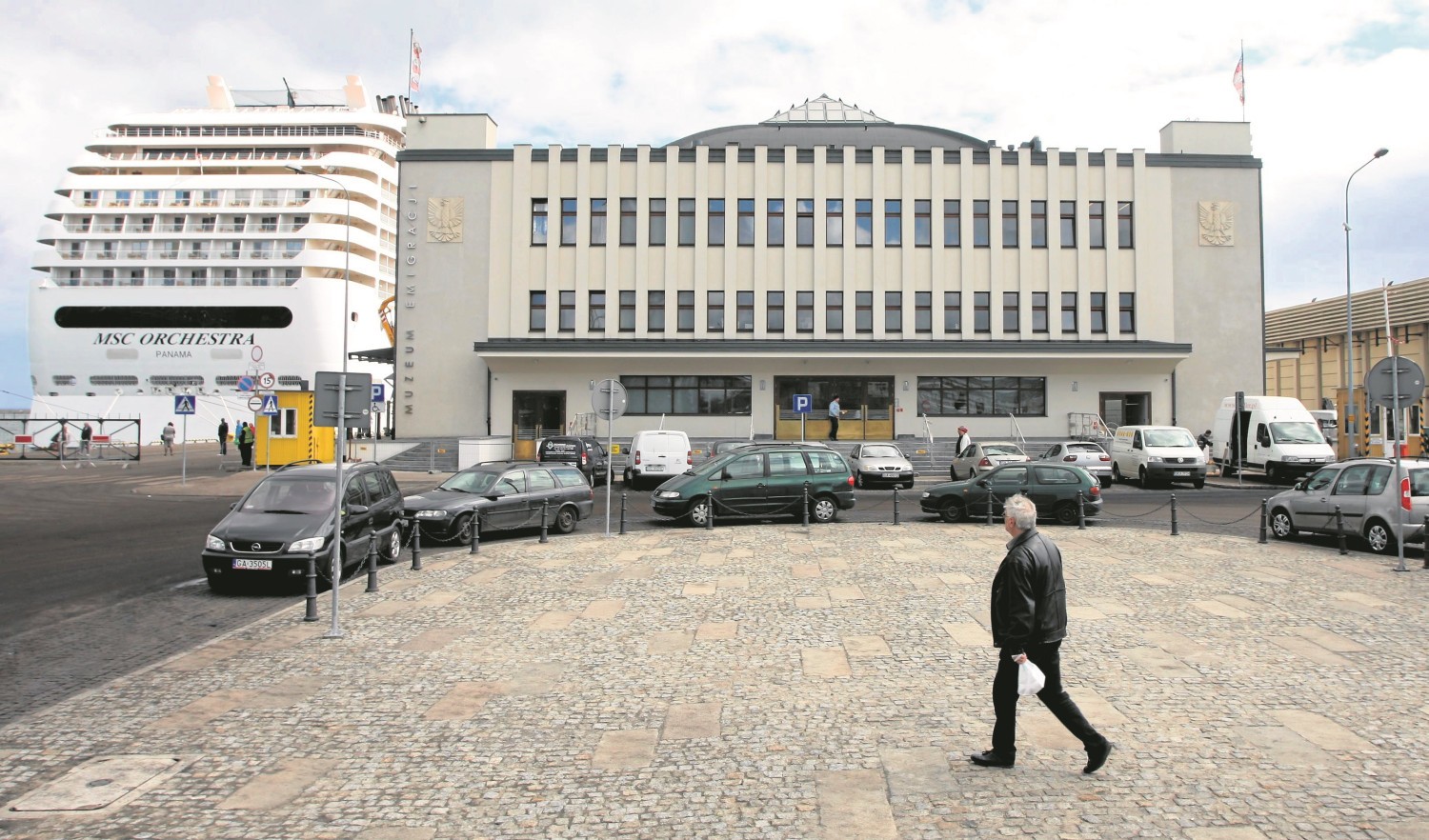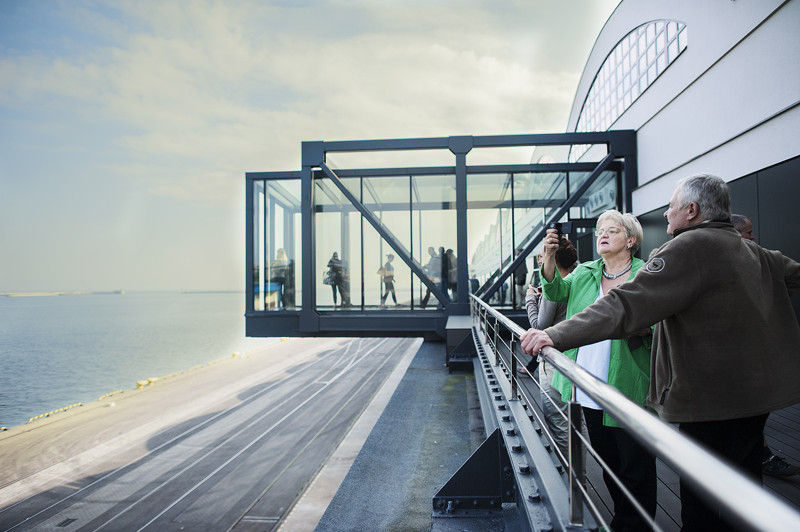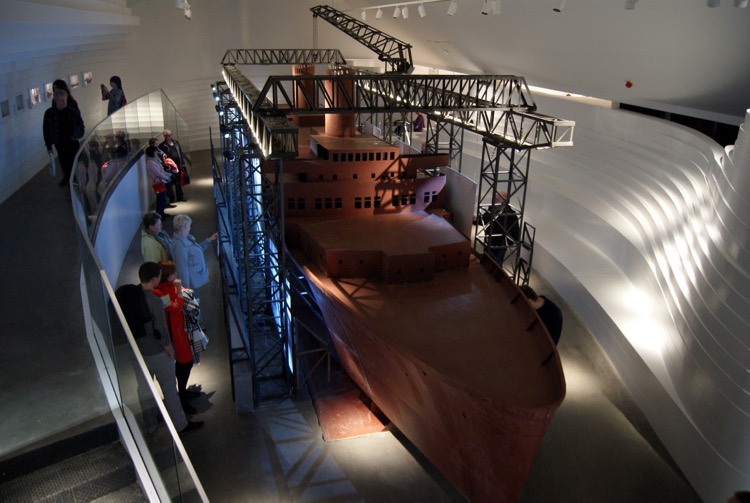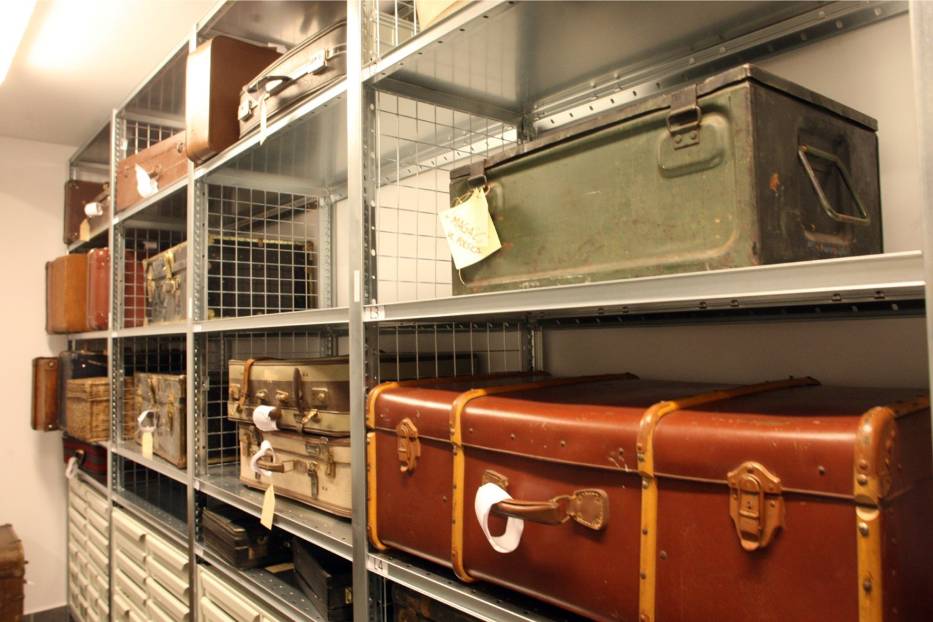Post by tufta on Mar 15, 2013 8:01:09 GMT 1
Emigration through Photographer’s Eyes
en.wikipedia.org/wiki/Chris_Niedenthal
There are around 20 million of our countrymen admitting to their Polish descent, and quite often they represent a second, or even third, generation of emigrants. Despite thousands of kilometers, environment change, people speaking a different language, despite time passing by, a lot of those people all over the world acknowledge in themselves the existence of that national particle that distinguishes them from their work colleagues, friends or – sometimes – their new family. Regardless of many negative stereotypes, there is something that is attractive, important or magnetic enough for us to resist abandoning “Polishness”. That affinity seems to resonate in a particularly strong way in your biography. What is – according to you – the foundation of this phenomenon that has been so inspiring to so many people?
Chris Niedenthal: The fundament of “Polishness” that I have experienced myself is – above all – friendliness and warmth. Everything that comes subsequently is based and built upon these features. I can’t say that other nations are void of those traits, but due to some mysterious reason Poles are more prone to emphasize and use them. One must also add to the equation that sense of pride and honor which are both deeply rooted in the amazing history of Poland. Today a large portion of Poles may choose not to agree with me. They may consider my views banal and old-fashioned, and the words “no problem for a Pole” may be associated, according to them, with cunningness, rather than with true virtues. But… let’s wait!
What do you think is the most important aspect of experiencing emigration? Is it of positive or negative connotation to you?
Chris Niedenthal: The will to create a new home in a foreign country, where we hope for a better life, is probably the most important. However, having never been a true emigrant – maybe only a son of emigrants – I am unable to put myself in one’s shoes, therefore it is particularly difficult for me to answer this question.
In any case, were my parents true emigrants? They left, or escaped, Poland during the first days of the World War II; my father - because as a prosecutor in Vilnius he didn’t wanted to be executed by the Russians; and my mother - because during the retreat from Warsaw the government needed secretaries and stenographers. They left Poland not knowing where they were going to and for how long, so the fact that they eventually ended up in England and stayed there does not mean they became emigrants. Maybe they just became immigrants right away?
I think the word emigration is of positive connotation for the one that emigrates. Unfortunately, today the very same word is of negative connotation to people living in a country one arrives to in order to start a new life.
What would be the one special mission that you would give to the Emigration Museum in Gdynia?
Chris Niedenthal: It is important to show hope. A hope for a better future. There should be a lot of photographs of emigrants showing their eyes, and we should see that hope in their eyes…
en.wikipedia.org/wiki/Chris_Niedenthal
There are around 20 million of our countrymen admitting to their Polish descent, and quite often they represent a second, or even third, generation of emigrants. Despite thousands of kilometers, environment change, people speaking a different language, despite time passing by, a lot of those people all over the world acknowledge in themselves the existence of that national particle that distinguishes them from their work colleagues, friends or – sometimes – their new family. Regardless of many negative stereotypes, there is something that is attractive, important or magnetic enough for us to resist abandoning “Polishness”. That affinity seems to resonate in a particularly strong way in your biography. What is – according to you – the foundation of this phenomenon that has been so inspiring to so many people?
Chris Niedenthal: The fundament of “Polishness” that I have experienced myself is – above all – friendliness and warmth. Everything that comes subsequently is based and built upon these features. I can’t say that other nations are void of those traits, but due to some mysterious reason Poles are more prone to emphasize and use them. One must also add to the equation that sense of pride and honor which are both deeply rooted in the amazing history of Poland. Today a large portion of Poles may choose not to agree with me. They may consider my views banal and old-fashioned, and the words “no problem for a Pole” may be associated, according to them, with cunningness, rather than with true virtues. But… let’s wait!
What do you think is the most important aspect of experiencing emigration? Is it of positive or negative connotation to you?
Chris Niedenthal: The will to create a new home in a foreign country, where we hope for a better life, is probably the most important. However, having never been a true emigrant – maybe only a son of emigrants – I am unable to put myself in one’s shoes, therefore it is particularly difficult for me to answer this question.
In any case, were my parents true emigrants? They left, or escaped, Poland during the first days of the World War II; my father - because as a prosecutor in Vilnius he didn’t wanted to be executed by the Russians; and my mother - because during the retreat from Warsaw the government needed secretaries and stenographers. They left Poland not knowing where they were going to and for how long, so the fact that they eventually ended up in England and stayed there does not mean they became emigrants. Maybe they just became immigrants right away?
I think the word emigration is of positive connotation for the one that emigrates. Unfortunately, today the very same word is of negative connotation to people living in a country one arrives to in order to start a new life.
What would be the one special mission that you would give to the Emigration Museum in Gdynia?
Chris Niedenthal: It is important to show hope. A hope for a better future. There should be a lot of photographs of emigrants showing their eyes, and we should see that hope in their eyes…













